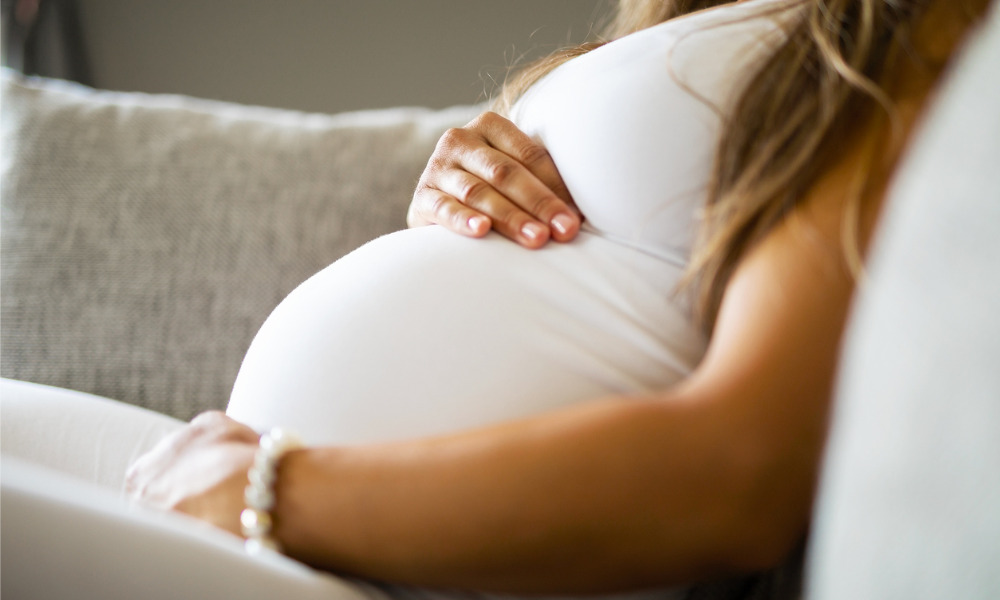
The incentive adds to a package of pronatalist benefits for working parents

Singapore is introducing a one-time bonus to support people who are considering having a baby amid the COVID-19 pandemic, Deputy Prime Minister Heng Swee Keat said in parliament this week.
The measure comes in response to a growing trend among Singaporeans who are opting to delay having children to avoid the additional financial strain during the crisis.
“We have received feedback that COVID-19 has caused some aspiring parents to postpone their parenthood plans,” Heng said. “To help with expenses during this period, we will introduce a one-off additional support for newborns.”
The baby bonus will be added to other incentives already offered by the government as a way to boost the slowing fertility rate. The current system provides working parents up to S$10,000 (US$7,300+) in benefits.
In 2018, Singapore hit its lowest birth rate in eight years – at 1.14 births per woman – as more professional women focus on work and postpone having children until later in their career.
What HR managers can learn from Singapore
For Pete Colby, director of the HR services firm Pragmatism who specializes in employee relations, the new incentive is all about building policies that respond to the needs of the population.
“In Singapore, they’re offering a bonus if you have a baby during lockdown as they’re worried people will put off having babies. Not far away in the Philippines, they’re worrying that people will have too many babies during lockdown and exacerbate their already over-population issue,” Colby said.
“What a perfect example of people and their environment resulting in completely different challenges and unpredictability,” he said.
It’s no different from how workplaces formulate their own people policies.
“Leaders intervene and set policies to try to shape outcomes around people – but people are not easily predictable and we’re all different,” Colby said. “What’s often forgotten is what people want: constantly engaging with their often-changing views and needs.”
HR managers can thus learn from how Singapore supports and develops its human resources. For one, the government offers working parents pronatalist incentives.
“The package includes paid maternity leave, childcare subsidies, tax relief and rebates, one-time cash gifts, and grants for companies that implement flexible work arrangements,” said Poh Lin Tan, assistant professor at the National University of Singapore’s Lee Kuan Yew School of Public Policy.
But Singapore has “little time to lose”.
“As the population ages, fewer and fewer couples will be of childbearing age, and a higher fertility rate will deliver less bang for the buck. It’s now or never,” Poh said.